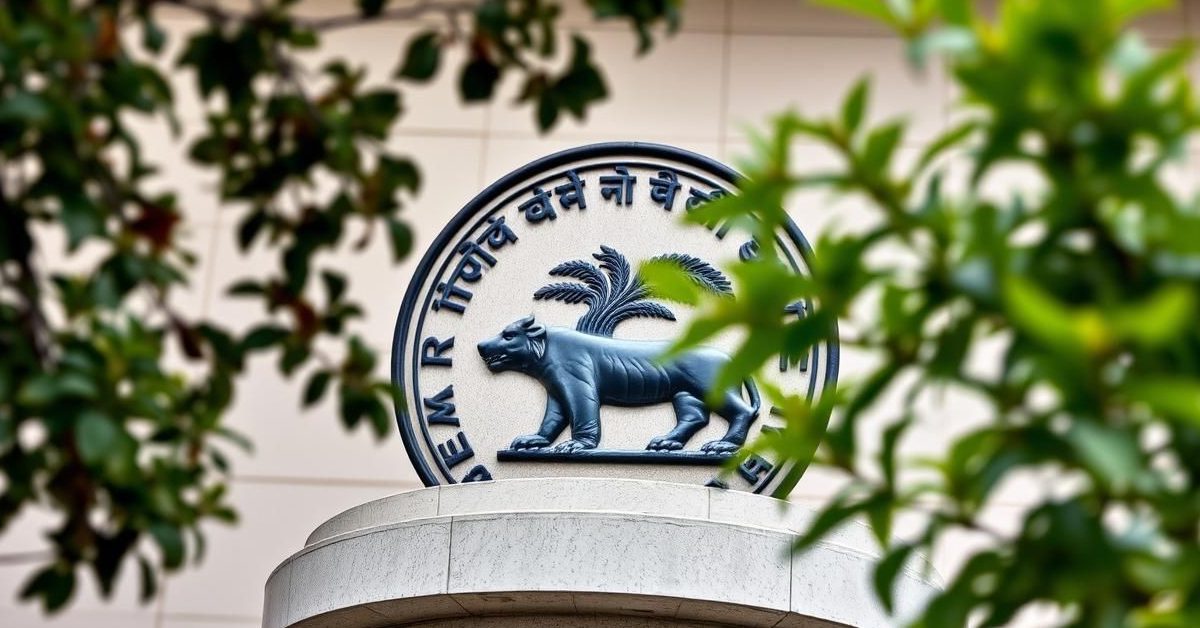Leading financial regulators in India, the National Stock Exchange (NSE) and the Securities and Exchange Board of India (SEBI), reportedly dithered for over a year while US-based proprietary trading firm Jane Street allegedly manipulated the Indian market, raising serious questions about regulatory oversight.
Allegations Against Jane Street Surface
Jane Street, a prominent US trading firm, was accused of deploying a highly aggressive and complex trading strategy in India’s Futures and Options (F&O) market. This strategy was later labeled “manipulative” by SEBI.
The firm initially came under the spotlight in April 2024, not in India, but through a US lawsuit. Jane Street sued Millennium Management and two former traders, accusing them of stealing a confidential trading strategy tied directly to the Indian options market. This international legal battle should have immediately alerted Indian regulators to potential issues within their own markets.
A Slow Regulatory Response
Despite the red flags raised by the US lawsuit, both SEBI and NSE were slow to react. Jane Street reportedly continued to trade without hindrance for nearly a year after the first signs of trouble emerged.
It took until July 3, 2025, for SEBI to finally issue an order restraining Jane Street from accessing the Indian securities market. The regulator also ordered the impoundment of Rs 4,843 crore, which it identified as unlawful gains made by the Jane Street Group.
NSE’s Protracted Investigation
SEBI formally requested NSE to investigate Jane Street’s trading activities in July 2024. However, the NSE took an astonishing four months to submit its findings, delivering its report only in November 2024.
Even after receiving the report, NSE delayed further, taking two more months to act. On February 6, 2025, NSE finally issued a cautionary letter to Jane Street Singapore and its Indian entity. The letter acknowledged that Jane Street’s trading patterns threatened market fairness, particularly around index expiry days, by manipulating prices of key index stocks.
Despite these serious findings, NSE merely issued a warning, allowing the alleged manipulation to continue without any enforcement action.
SEBI’s Further Delays and Contradictions
The NSE report of November 2024 explicitly concluded that Jane Street’s actions were “fraudulent and manipulative.” Yet, SEBI, then headed by Madhabi Puri Buch, did not take decisive action throughout her tenure, which concluded in February 2025.
Buch later stated that SEBI had begun its investigation by April 2024 and had taken actions, including instructing Jane Street to cease certain trades. She also mentioned forming a multi-disciplinary team to examine the case. However, critics argue that these actions were insufficient given the scale of the alleged market abuse.
Warnings Ignored, Profits Reaped
Even after receiving a formal warning from NSE in February 2025, Jane Street allegedly resumed its manipulative behavior as recently as May 2025. The firm was observed engaging in aggressive trades near market close on expiry days, a tactic known as “extended marking the close,” designed to skew index prices for options payoffs.
The regulators had significant evidence but still did not act swiftly. The damage was extensive, with Jane Street reportedly booking net profits of Rs 32,681 crore in Nifty futures alone through these alleged strategies. These gains came at a direct cost to Indian investors.
Timeline of Inaction
- April 2024: US lawsuit highlights Jane Street’s India-linked strategy; media reports surface.
- July 23, 2024: SEBI asks NSE to examine Jane Street’s trading.
- November 13, 2024: NSE submits its examination report to SEBI, flagging manipulative activity.
- February 6, 2025: NSE, on SEBI’s instruction, issues a caution letter to Jane Street.
- May 15, 2025: Jane Street allegedly continues manipulative activities despite the caution.
- July 3, 2025: SEBI finally bars Jane Street from Indian markets and impounds Rs 4,843 crore in alleged unlawful gains.
The prolonged delay by both SEBI and NSE in taking concrete action against Jane Street raises serious questions about the efficiency and responsiveness of India’s market surveillance and enforcement mechanisms, underscoring the need for more robust and timely regulatory intervention.














